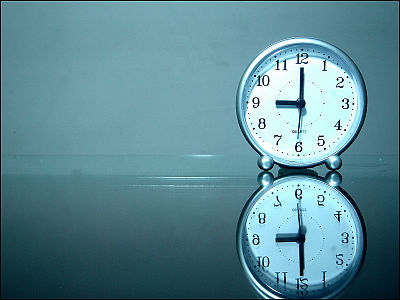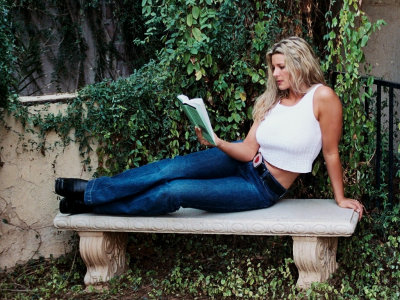10 ways to prevent 'stacking read' which I bought a book but did not read and leave it intact
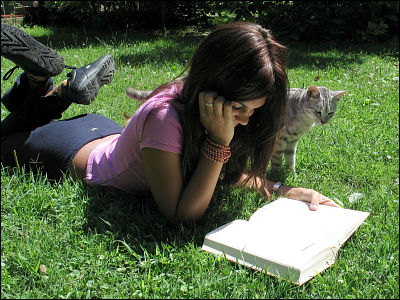
"Piled up"It is an excuse for myself to say," Because the book does not rot, so OK "," Because the meeting is for once in a row "" Do not read now, definitely read soonly ", and if you do not realize, books that have not read hundreds of books A phenomenon that it holds it. There are people who remember themselves.
Even if it is loaded, it is fine if you read it little by little, but it will not be an overstatement to say "packed" already by itself as it gets loaded. It is not unusual to digest everything from this state, first of all with the amount in front of me, my mind breaks up and I buy it sooner than I read, so a fierce spiral waits for a further "loading" state. We're fucked!
So, the 10 ways to prevent "stacking read" which I bought a book but did not read but leave it is from below.
How to Stop Accumulating Books - wikiHow
Part 1: Select only the necessary books to leave behind

Let's leave only the book that I thought was particularly worthwhile after reading. Other books should be donated to local libraries and charities, or exchange with other loyalists online. Or it is a good way to sell books.
Part 2: Pull out only the important phrases and memo and put it together

I hope it is a book that has helpful advice like a jewel, but if it is not it is not worth keeping. Therefore, if you extract only a few useful phrases, write them down and make a filing, it will serve as a reference for the future or as a source of inspiration. And this work is also a good opportunity to rediscover the books that you own. Books can be categorized as follows.
· Reference book

This is a book that you can take many times as a reliable information source and examine it, encyclopedia, encyclopedia, dictionary, nonfiction etc. It would be better to let go if you have not taken it for more than a year. Currently, considering that there are always many options to use local libraries with many reference information online, reference books to keep at hand are limited.
· Book that you have already read but want to keep at hand

Let's first see whether it is fiction or non-fiction, and think about why you want to keep them. Do you actually read the book again? Probably less than once a year? Why should we keep copies at the library?
· Books that have not been read yet

These can be further divided into two categories. "A book that I have not read because I did not have time" and "A book I have not read since I am not actually interested". If you do not have an interest now but do not want to lose that book, let's consider a means to get it into your computer. Let's try the following methods for other books that have not been read.
Part 3: Make reading rules
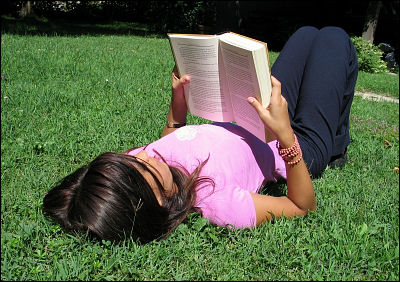
Let's create a rule to read the book of the number "X" currently reading before buying another book. In other words, decide the "read to buy" rate. This will allow you to control the timing of buying a book without forcing you to read every book you already have in a few years. This will strive to read more books and you can quickly get enough new books and you will not feel overwhelmed by that. Let's decide the rate considering time and speed to read your books.
Part 4: Make a "timetable" for read books

First of all, I will pick up 10 to 14 books I want to read, looking at the bookshelf. The more books you have not read for a long time, the better. Then write out the total number of pages for each book and sum them. And calculate how long it will take to finish reading all the books. We decide the task of reading number every day and decide not to buy a new book until we digest half of the whole timetable.
Part 5: Make a list to buy

The impulse to read books can actually be satisfied by making a list of books that you want to read someday you want to read someday. The task itself of making a list of books to buy becomes an activity that satisfies. Your list can be caught in a bookshelf as a piece of paper, or it can be built as an elaborate database in a personal computer. There are many websites that help create book lists that you want to read in the world, so let's use them.
Part 6: When you buy a book, be sure to remove the book you already have
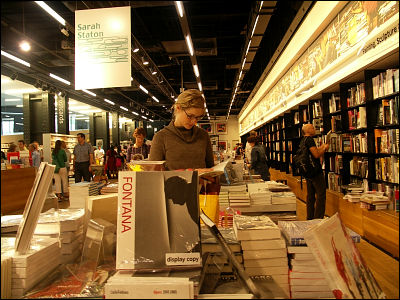
Let's make sure your book collection does not grow any more. In other words, when you buy a book you need to be prepared to remove the same number of books you already have. Donate books that are removed from your collection, or give them to your friends. When you buy a book you will be wary of being more cautious than ever for buying books because you will erase one book from your bookshelf.
Part 7: Utilize the library

Most libraries can lend you books in any place, so-called orders from different libraries, etc. You can check what books are online and you can make a reservation for hire.
Part 8: Download and use e-books

There are cases where it is provided in the form of what is called an e-book on the Internet, etc. It can be downloaded to a personal computer. You can burn it to a CD or transfer it to another device.
Part 9: Using an e-book reader
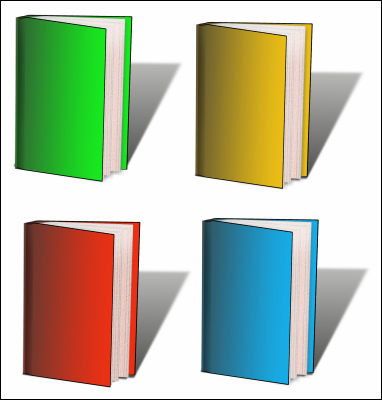
It is also a good way to buy and read books with readers for e-book readers.
Part 10: "One day will come" will never come again "
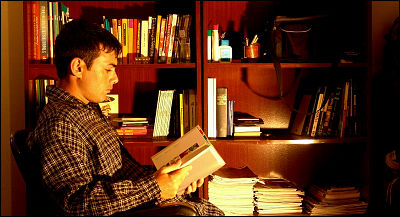
Let's say you have a room to place the books yet, and even if you have read so far, you still think "Read it soon (read again in the meantime"). Before retirement age, you will be able to have time to read books you've chosen a few years ago. Whether there is time to read anymore at that time is not a problem, and how much time is left to read those books? Life is over before reading all those books and the book you bought goes somewhere or is collected only for paper recycling.
Other Tips

· Some people think that the book collection itself is a mirror reflecting the person himself / herself. In that case you can decide the impression of what kind of person you are by looking at the books you have. If you are in such a case, save the most representative book and give it to others.
·NovelistJonathan FranzenI restricted books that were not being read to be less than half of his bookshelves.
· Remember that sorting out your book collection makes you happier. Let's convince that the choice to endure incorporating books is a better choice.
· Knowledge sharing is a good gift. After reading a good book, you may like that, and I will tell that to someone who will do the same.
· If you like drawing a line directly with a pen on a book, you can not sell those books and books with such lines written will not be taken over. For that reason, let's keep a book as it is, not by writing directly, writing a note on another note, sticking a tag paper, etc. Scanning the page, saving it as a file, and writing it there is one way. If it is for personal use, there is no problem even if you copy and own the page.
Related Posts:
in Note, Posted by darkhorse




